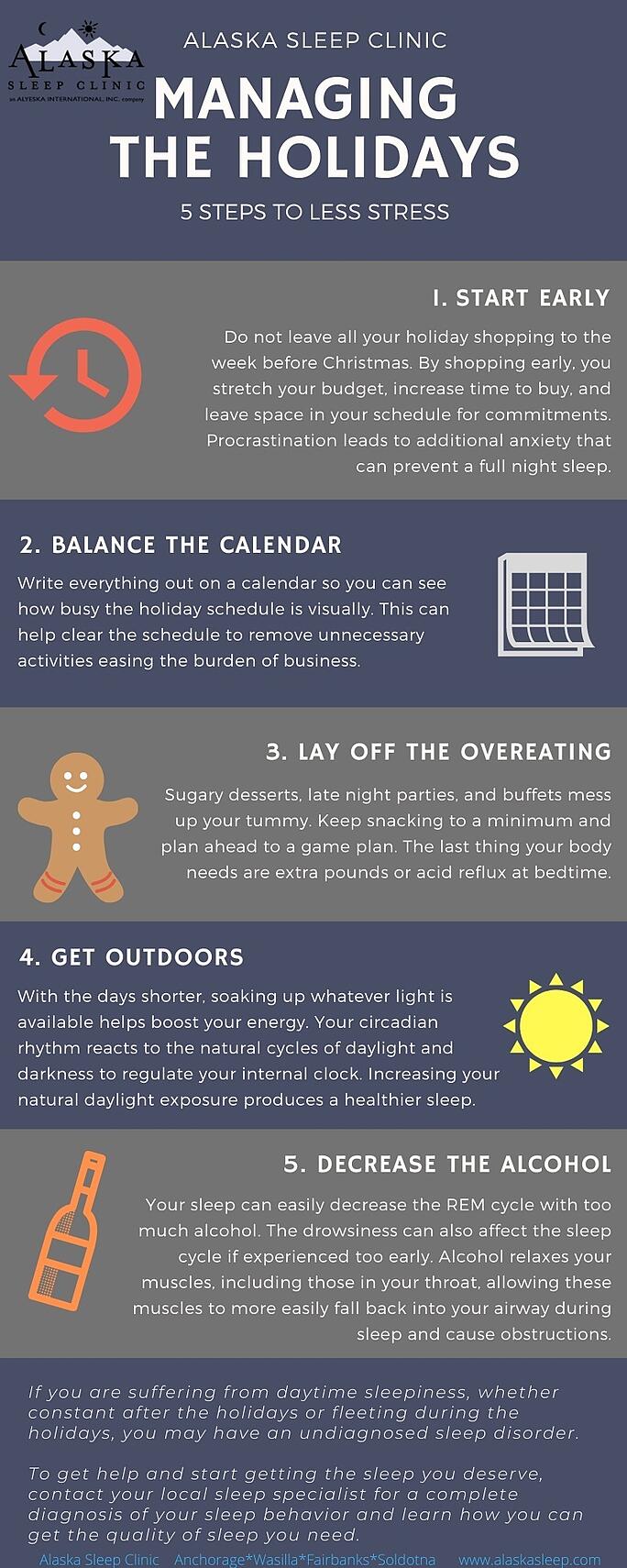New Parents and Sleep Deprivation: The Real Dangers
When I was a “Non-mom,” I’d read stories of a new parent charged with shaking her two-week old baby resulting in its death and be absolutely shocked and heartbroken. Then when I had a two-week of my own, I suddenly had a much better understanding of how other mothers could reach that breaking point.
Don’t worry, I would never harm my own; but between my in-experience and severe sleep deprivation, I was having a tough time keeping my composure. Guilt from not being cool and collected as I thought I should be would slowly chip away. It was calming to hear other, more experienced moms express that same feeling. It seems to be another one of those things that people never talk about when it comes to parenting.
As it turns out, new parents lose 44 days worth of sleep in the first year of their baby’s life, according to ErgoFlex.com. That’s averages out to around 5 hours each night and 12% of an entire year lost. No wonder I felt stretched so thin. As one of these experienced moms told me, “You’re not sleeping, you’re just napping.”
Not being able to get an adequate amount of sleep can lead to fragile emotional and mental states.
A study performed by Talma Hendler of Tel Aviv University in Israel found that the “amygdala” (or the part of the brain that regulates our emotions) and the “anterior cingulate cortex” (part of the brain that regulates the amygdala) miscommunicate in sleep-deprived participants. When this happens, “it’s harder to control our emotional responses.”
TheSleepDoctor.com describes how “this part of the brain handles a lot of complex tasks. One of them is to put the brakes on impulsiveness. The prefrontal cortex is like a traffic cop for our emotions: it sees an impulsive reaction and says, ‘whoa, slow down, do you really need to be going so fast?’”
“REM sleep in particular appears to be especially important to processing painful and difficult memories. This process helps ease the emotional sting these memories can have. It also helps your emotional mind return to a less-charged, more-neutral state. This nightly emotional re-set is important for your ongoing mental health.
“REM sleep occurs in a series of episodes over the course of a night’s sleep. As the night progresses, episodes of REM get longer, with most REM occurring in the last third of the night. When your sleep is shortchanged, your brain doesn’t get the benefit of this restorative work, and your emotional life can suffer.”
If you suffer from sleep deprivation as a new parent, there are steps you can take to get that needed rest:
- Sleep when baby sleeps. There’s a reason this is the most common advice. Newborns sleep 16 – 20 hours a day. Their patterns may be erratic; but there is still plenty of opportunity to rest. REM sleep helps neutralize our emotions, and it only takes 90 minutes to complete a full REM cycle. You can (and should) stay in bed as long as it takes to feel rested. Learn how to get the most of your sleep.
- Take turns with a partner or support person. This is when bottle-feeding really comes in handy. When baby’s hungry, have someone else take a turn feeding so you can catch as many ZZZ’s as possible.If you are breastfeeding, it is recommended to wait until your baby is four to six weeks before introducing a bottle to ensure a good latch has been established. If you are bottle-feeding breast milk, you can mix it with formula to help your baby stay full for the night.
While the American Academy of Pediatrics (AAP) recommends to never co-sleep with your infant, some studies have suggested that the risks may not be as high as previously believed.

Some parents compromise by placing a “Moses” basket between themselves to ensure their baby is safe during the night. If you have a bassinet that attaches to the bed, enjoy the perks of co-sleeping without the risks and simply scoop baby up to feed and back to bed without ever leaving your own.
More than anything else, remember this time is temporary. In 6-8 weeks, your baby sleep on a better schedule. For me, the day Junior started sleeping 3 hours at a time was when I started to feel like myself again. I tried every single trick in the book. that you can read in my blog.
I had a few nights of total insomnia, on the brink of becoming a sleep disorder. If you worry that you may be developing a sleep disorder, it is vital to contact a nearby sleep clinic as soon as possible and schedule a consultation or sleep study. If you live in Alaska, the experts here at Alaska Sleep Clinic are more than capable of assessing your case and providing valuable recommendations to correct any sleep issues you are experiencing. Call for a quick 10-minute consultation and start reaping the rewards of sleep today.




